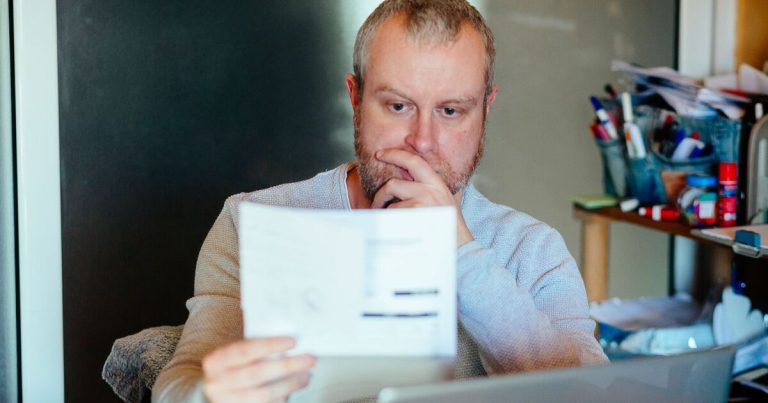
Britons are being urged to check their National Insurance (NI) records to see if they can boost their state pension before a crucial deadline just days away. To receive the “full” state pension – currently worth £221.20 per week – individuals must have enough “qualifying years” on their NI record.
These years can be accumulated through active employment or by receiving NI credits, which are granted during periods of unemployment, illness, or while providing care for family members. Typically, individuals need around 35 qualifying years to secure the full pension, and those with gaps in their records may be able to top up their contributions to boost their state pension.
However, time is running out. The deadline to fill gaps in NI records dating back to 2006 is April 5, 2025. After this date, only the previous six tax years will be available for voluntary contributions, which could result in missing out on thousands of pounds in pension payments.
Helen Morrissey, head of retirement analysis at Hargreaves Lansdown, advised: “Topping up your state pension can be a cost-effective way of boosting your retirement income. But before you do, check that you’ll actually benefit.”
Boosting your state pension comes at a cost, typically around £824 for each missing year. This would add £328 to your annual pension. Paying for five years of missing contributions – approximately £4,100 – could increase your state pension by £1,640 per year, amounting to an extra £16,400 over 10 years and £24,600 over 15 years, according to Hargreaves Lansdown.
To find out if you will benefit from making voluntary contributions, visit HM Revenue and Customs (HMRC) and the Department for Work and Pensions (DWP) online state pension forecast service.
Who may need to act?
Anyone who has had career breaks worked abroad, been self-employed, or spent time in low-paid jobs may have gaps in their NI record. Even if you’re already receiving your state pension, it’s still possible to top it up, provided you act before the April 5 deadline.
Ms Morrissey said: “If you qualified for benefits such as Jobseeker’s Allowance or Child Benefit, you may be able to backdate a claim. These benefits come with NI credits, so you could fill the gaps for free.”
Parents who opted out of Child Benefit due to the High Income Child Benefit charge should also check if they qualify for free NI credits. However, from April 2026, parents who stopped claiming Child Benefit but missed out on NI credits will be automatically given the credits.
How to make voluntary National Insurance contributions
If you find missing years and want to fill the gaps, first check if you qualify for free National Insurance (NI) credits. For the complete eligibility criteria to claim National Insurance credits for free, click here.
If you’re not eligible for that, you can pay to fill the gaps via post or phone.
To pay online, visit the “Check your State Pension Forecast” page on GOV.UK or use the HMRC app, available for free on the Apple App Store and Google Play Store.
Log in with your Government Gateway ID and password. Once logged in, select the NI years to purchase and see how much your state pension will increase. You can securely pay online via bank transfer or Open Banking – payments must be made in full.
If you prefer to pay by phone, contact HMRC to receive an 18-digit reference number. You’ll need this to ensure the payments are added to your record correctly. After receiving the reference, you can pay through your bank, app banking, or by cheque. If paying by cheque, processing may take longer.
Once paid, it may take up to 60 working days for the payment to be reflected on your NI record. If you’re already claiming the state pension, HMRC will inform the DWP to adjust your payments, which will be backdated to the date of payment, not the date you started claiming the state pension.
For those under state pension age needing advice, the Future Pension Centre can be reached at 0800 731 0175. If you’re already claiming your pension, contact the Pension Service at 0800 731 0469, but note that phone lines are currently under pressure as the deadline approaches.
Other ways to increase your state pension
-
Claim NI credits: Parents receiving Child Benefit for a child under 12 automatically receive NI credits. However, grandparents looking after a child so that the parent can work can have the credits transferred to them.
-
Delay your state pension: Delaying your state pension could mean a larger payout in the future. For every nine weeks you delay, your pension increases by 1%, resulting in a 5.8% increase annually. However, this option is only viable for those who can afford to wait.






